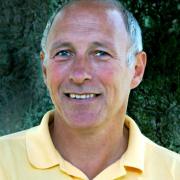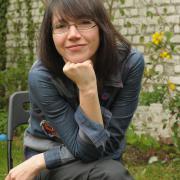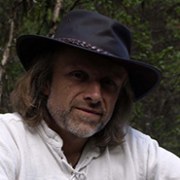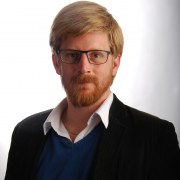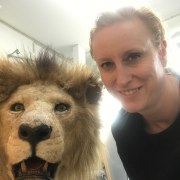Engaging audiences with big global issues
How do we ignite action among our visitors and make them reflect on causes and effects?
The world is facing major challenges in terms of local and global environmental problems. These are problems that worry many people and can seem unmanageable.
Natural history museums and science centres can tap into their professionalism and knowledge to help the population put into perspective effects and consequences of global problems such as loss of biodiversity, lack of clean water, food waste, climate change, etc. But do we have the right tools to attract the public to our sites and the right tools to enable them to consider and reflect on the cause and impact of the choices they make in their lives? As science-based institutions, we should feel obliged to address important issues at different levels to protect the natural world of the future.
This pre-conference workshop will explore new thoughts on how to attract and participate in new alliances across institutions, reach a wider audience and take action.
This workshop is organised by the Ecsite Nature Group, a thematic group that brings together professionals and institutions who engage audiences with nature. The workshop is open to all, join!
A more detailed programme can be checked here.
Facilitator
International relations and projects
Senior Scientist, Collection and Exhibition manager
Session speakers
Department of Science Education, University of Copenhagen
Interdisciplinary contemporary ‘wicked’ problems such as biodiversity loss, global climate change, and sustainability do not fit comfortably within the subject-oriented structure of school science education. At the same time, science centres, natural history museums, and other venues for out-of- school science engagement are being called upon to help prepare citizens for an uncertain future. The coming together of these problematiques at this moment in time offers the science education community an exceptional opportunity to understand the potential of out-of-school science education to address these issues and thus to shape future initiatives for optimal effect.
Brian will challenge your view on the popular tendency to focus all the attention on the "user" in the museum. What about the object itself? How to objectifie Big Global Issues? What about the opportunities that exist in the cross-filed between the visitors unspoiled meeting with the object before we interfere as institutions? Should objects be accessible to the visitors? When is a well-made copy/ cast? as good as the original, and can the hands-on experience increase the understanding? of the topic by the visitor?
Deputy Director, Exhibitions and Visitor Experience
Natural History Museum of Denmark
Staying relevant and creating impact: how can museums’ create meaningful calls to action around challenging topics such as sustainability and climate change, without alienating or depressing their visitors? What are some means by which we can explore situating the visitor experience within a larger context of social interaction, agency and empowerment without diluting the science or moving away from the importance of the collections? How do we reassess the important role of our collections and research, and what “access” means in this context? I will explore some of these questions, propose some ways of thinking about them, and probably raise more questions for us to think about together.
Head of the Biodiversity Unit
European Commission, Directorate General of Environment
Stefan will summarise the main actions that have been implemented in the context of the EU Biodiversity Strategy, the EU Action Plan for Nature, People and the Economy and the EU Pollinators Initiative. Building upon the results of the latest Eurobarometer on Biodiversity, the first Global Assessment on Biodiversity and Ecosystems Services (to be adopted by the Plenary meeting of the Intergovernmental Science-Policy Platform on Biodiversity and Ecosystem Services (IPBES) in May 2019) and the preparations for the 15th Conference of the Parties to the Convention on Biological Diversity (CBD CoP15) which is to adopt a new ‘global deal for nature and people’ in China in 2020, he will outline key requirements for an effective EU post-2020 biodiversity framework. A special emphasis will be given to the role of Natural History Museums in this context.
Outcomes:
Stefan will give an overview and update about the latest developments in the EU and global biodiversity policy agendas.

